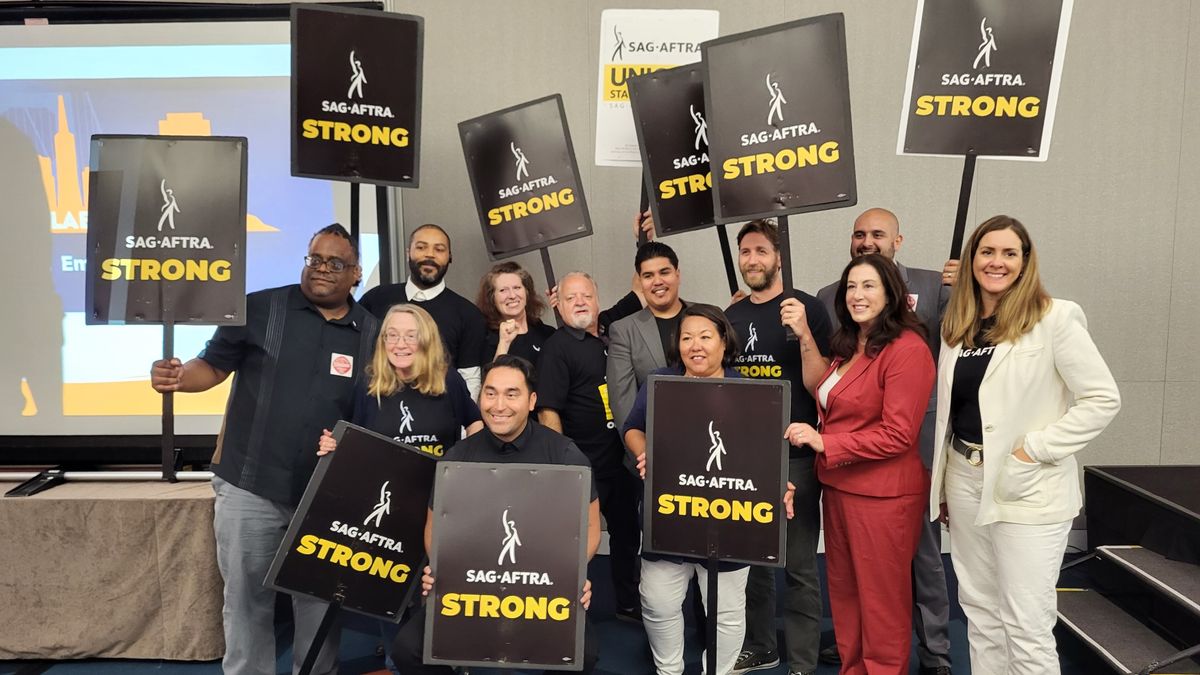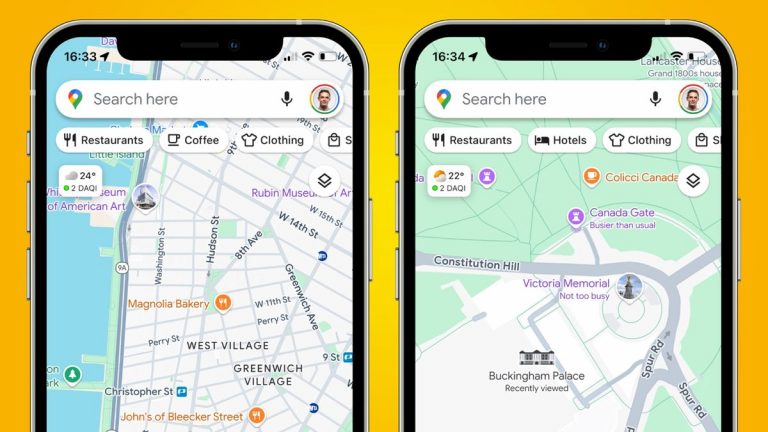Regulating Deepfakes: Hollywood Seeks Permission to Resurrect Legendary Stars with AI

California is taking a crucial step towards defining the rules for using AI versions of celebrities in movies and other projects. The state Senate has just passed AB 1836, a law that requires explicit consent from the estates of deceased performers before their AI replicas can be used. The bill is likely to be signed into law by Governor Gavin Newsom, thanks to its backing from the performers’ union, SAG-AFTRA, and related groups.
The law covers any digital recreation using AI, whether it’s a still image, a voice clone, or a full character in a film made long after the performer’s passing. In each case, the producers must get the estate or legal representative of the deceased performer to agree before moving forward. This new bill comes on the heels of AB 2602, which focuses on living performers and sets stricter rules for consent before AI replicas can be used. Together, these bills demonstrate a growing recognition of the need to regulate AI’s impact on both the living and the deceased in the entertainment industry.
SAG-AFTRA is hailing the bill as a win for performer protections in the age of generative artificial intelligence. “For those who would use the digital replicas of deceased performers in films, TV shows, video games, audiobooks, sound recordings, and more, without first getting the consent of those performers’ estates, the California Senate just said no,” the union said in a statement.
The union has already started working on deals that incorporate the structure of the bill, even before it becomes law. For example, SAG-AFTRA partnered with AI startup Narrativ to create an online marketplace where actors can license their voices for AI voice clones and control where and how the voices are used. Similarly, AI voice developer ElevenLabs made a deal with the estates of several deceased Hollywood stars, including Judy Garland, James Dean, Laurence Olivier, and Burt Reynolds, to get legal rights to their voices for new AI-created performances.
SAG-AFTRA’s enthusiasm for the bill isn’t surprising, given the recent strike by the union and the inclusion of AI protections in the new master TV and film contract template. But the bills may have a broader impact than just deepfake casting calls. California’s strength in the entertainment and tech industries may set a template for other states and countries to follow, simplifying global regulations and ensuring that the use of AI versions of celebrities is done with respect and consent.






